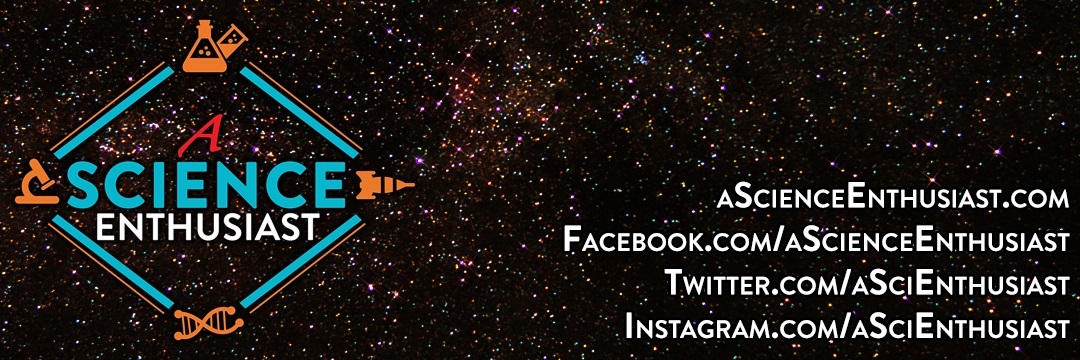It seems that we’re in a time period where the division between the two major political parties is more vast than it’s been before. Civil discourse seems to be on the decline as we fear the worst of others. Sometimes this is justified, but many times its not.
Author Kurt Andersen was recently featured on Big Think, and talked about this topic. Specifically, Andersen dove into the issue of how embracing fantasy has affected our politics.
Andersen starts out the video highlighting the partial descent into madness as demonstrated by the Republican presidential candidates from 2008 to 2016. The majority of candidates in 2008 acknowledged reality’s existence by saying evolution is real, compared to just one – Jeb Bush – in 2016 acknowledging this fact (sort of).

Get this shirt from our store!
This line in particular stuck out to me:
I think once you have a political party, more and more of whose members believe in religious and supernatural fantasies of a more and more extravagant kind, it stands to reason – or to unreason – that you will have a party that is more and more inclined to embrace the fantastical in its politics and policy.
This is a similar idea to what I’ve expressed many times, and is the foundation of pseudoscience. Once I’m able to get you to believe the unbelievable, you become more willing to accept other things that aren’t true. It’s a slippery slope into believing… Just about anything.
Watch the full video:
Full transcript:
In 2008, the big Republican presidential candidates were asked: “How many of you believe in Darwinian biological evolution?” Two-thirds or three-quarters said, “I do.” In 2012, the same question was asked, same group of people—Republican presidential candidates—and it was already down to a third. In 2016, the 17 main candidates for the Republican nomination were asked: “Do you believe in evolution?” One, Jeb Bush, brave Jeb Bush, said he did—”but,” he said, walking it back even as he said it, “I’m not sure it should be taught in our public schools, and if it is, it should be taught along with Creationism.” So from 2008 to 2016, that was the change and that change is—I don’t believe all those people believed what they said; I don’t think all of them disbelieve in evolution, just some of them—but they were all obliged to say yes to falsehood and magical thinking of this religious kind and that’s where it becomes problematic.
America has always been a Christian nation. That meant a very different thing 100 years ago or even 50 years ago than it means today. I grew up not going to church very often at all and not with much religious education, but all of my friends were weekly, regular churchgoers of various kinds.
Christian Protestant religion became extreme, it became more magical and supernatural in its beliefs and practices in America than it had been in hundreds of years and more so than it is anywhere else in the developed world. So you have that happening. At the same time, not coincidentally, you have the Republican Party, beginning certainly about 30 years ago, becoming more and more a party of those religiously extreme Protestants. So one thing that has happened and one thing that has led, I think, the Republican Party to accept fantasy and wishful untruth more and more into its approach to policy—whether it’s climate change or the idea that a secret Muslim conspiracy is about to replace our constitutional judiciary system with Sharia law, or any number of other simply untrue tenants of republicanism—all these things which were nutty fringe ideas as recently as 30 years ago are now in the Republican mainstream. I think there’s a connection. I think once you have a political party, more and more of whose members believe in religious and supernatural fantasies of a more and more extravagant kind, it stands to reason or to unreason that you will have a party that is more and more inclined to embrace the fantastical in its politics and policy. Believe whatever you want in the privacy of your home, in the privacy of your family, in the privacy of your church, but when it bleeds over, as it inevitably has done in America, to how we manage and construct our economy and our society, we’re in trouble.






